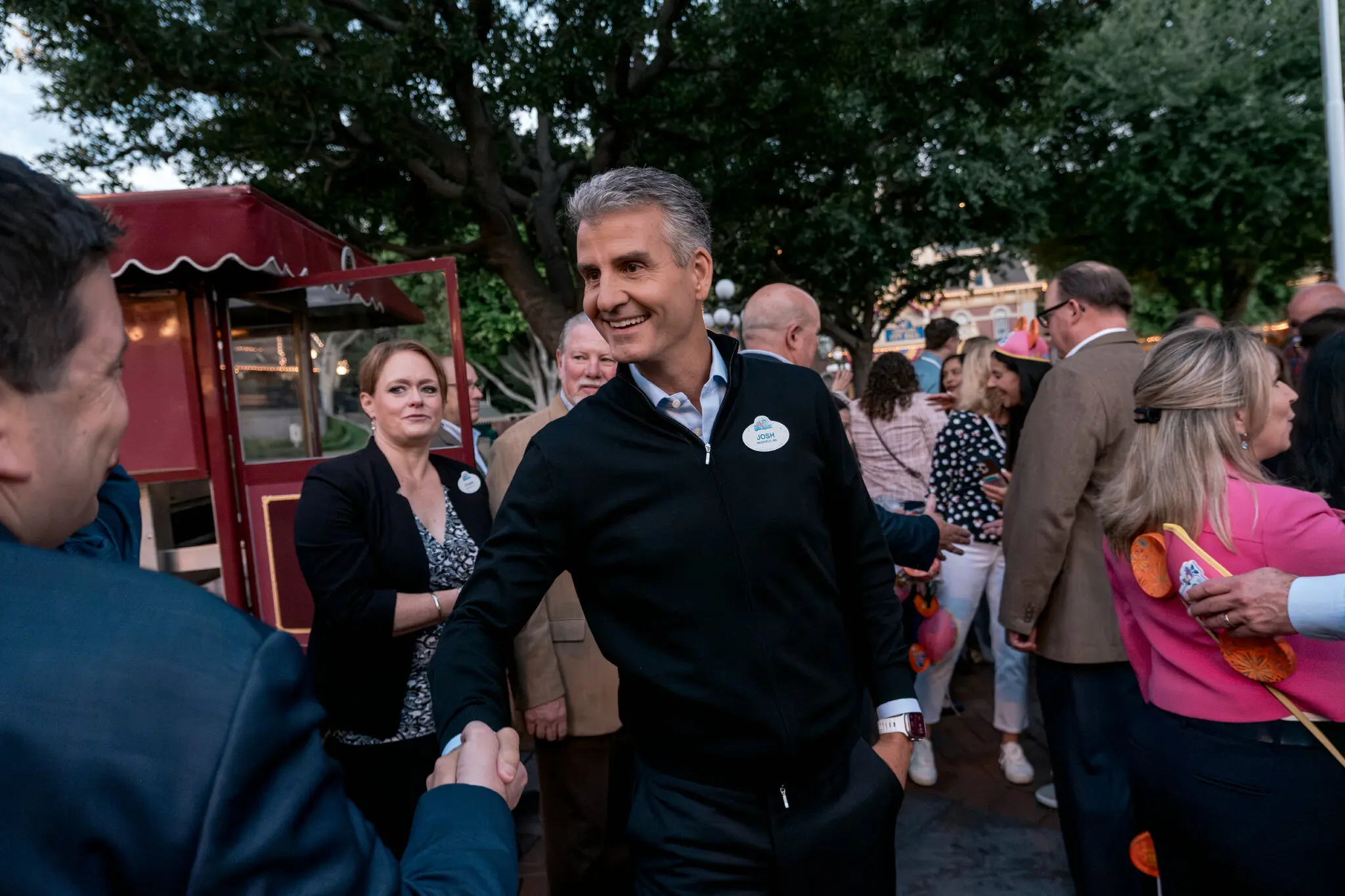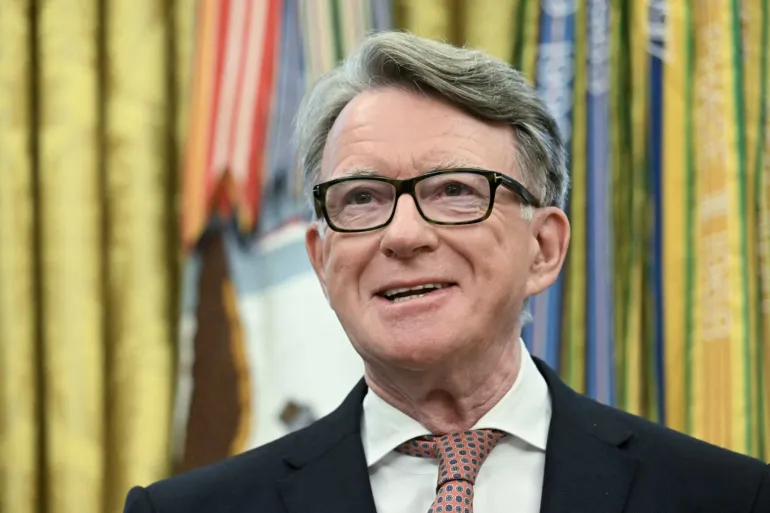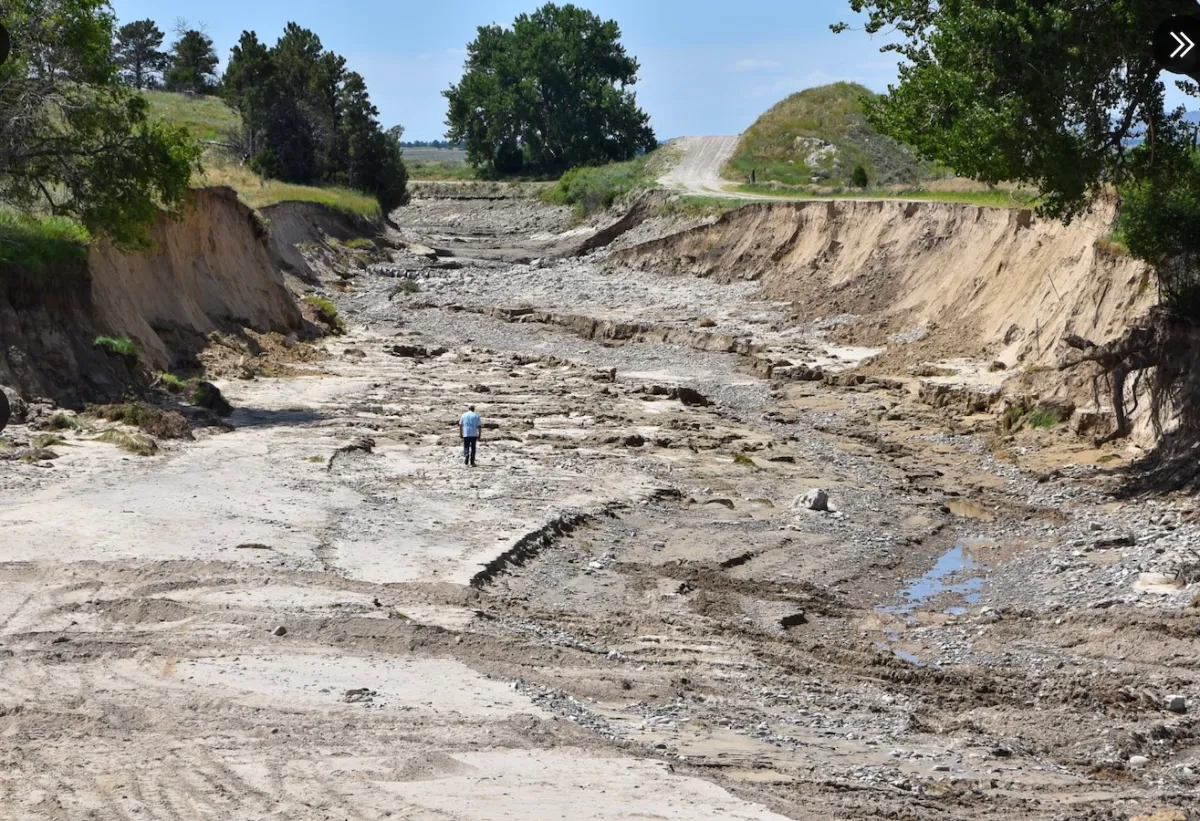As graduation season approaches, millions of Gen Z college seniors are entering an increasingly uncertain job market, where traditional career paths are being upended by government hiring freezes, economic instability, and lingering effects from the tech industry downturn, Business Insider reports.
Ryan Kim, a senior set to graduate in May, had carefully mapped out his career plan, initially aiming for a role in fintech before pivoting to public service. Last year, he secured a paid internship at the Food and Drug Administration (FDA) and was optimistic about staying on full-time after graduation. But earlier this month, his internship was abruptly cut short as federal hiring stalled due to budget cuts linked to DOGE, a restructuring initiative championed by Elon Musk.
“You hear so many horror stories of people in tech being laid off with little notice,” Kim said. “Government jobs are secure. What drew me into it was the stability.”
Now, with many federal hiring processes indefinitely on hold, he is scrambling to find a job.
Kim’s experience reflects a broader shift among Gen Z job seekers. According to the job platform Handshake, applications for entry-level roles in tech fell 19% last year compared to 2022, while interest in government positions nearly doubled. High school students, who once aspired to work at companies like Google and Apple, have shown a growing preference for careers at agencies like the FBI and NASA.
But just as more young professionals have turned to public service, federal budget cuts and policy shifts have put those opportunities in jeopardy. College seniors who had lined up positions at government agencies are now seeing offers rescinded or delayed indefinitely. The uncertainty extends beyond public-sector jobs, affecting businesses, universities, and nonprofits that rely on federal funding.
The challenges extend beyond government roles. Many industries, including tech, finance, and consulting, have scaled back hiring due to economic concerns. President Donald Trump’s latest round of tariffs has further complicated the outlook, with companies bracing for potential supply chain disruptions and rising costs.
“Two years ago, the bulk of the uncertainty and fear was in Big Tech,” said Briana Randall, executive director of the career and internship center at the University of Washington. “Now it feels uncertain in a lot of areas.”
The job market has become so unpredictable that some students are making drastic adjustments to their career plans. Sarina Parsapasand, a public policy major at the University of Southern California, originally aimed for a government role but has since shifted to seeking private-sector opportunities.
“I have bills to pay,” she said. “I can’t take the risk of being in a job that doesn’t guarantee stability.”
For young graduates, the challenges of entering a weak job market can have lasting effects. Studies show that people who graduate during economic downturns tend to earn less over their lifetimes, accumulate less wealth, and delay major milestones like homeownership and starting a family.
“The impact is broad-scale,” said Saskia Campbell, executive director of university career services at George Mason University. “There is this sense of grief, of loss of opportunity. This is the first year I’m actually concerned.”
As companies fill their remaining entry-level positions and government hiring remains frozen, students like Kim are left with few options. Many are now competing for lower-paying jobs or facing the tough decision of whether to continue their education—though even graduate school is uncertain, as financial aid delays could make tuition unaffordable for some.
“I’m not sure how my future’s going to turn out,” Kim admitted.










The latest news in your social feeds
Subscribe to our social media platforms to stay tuned